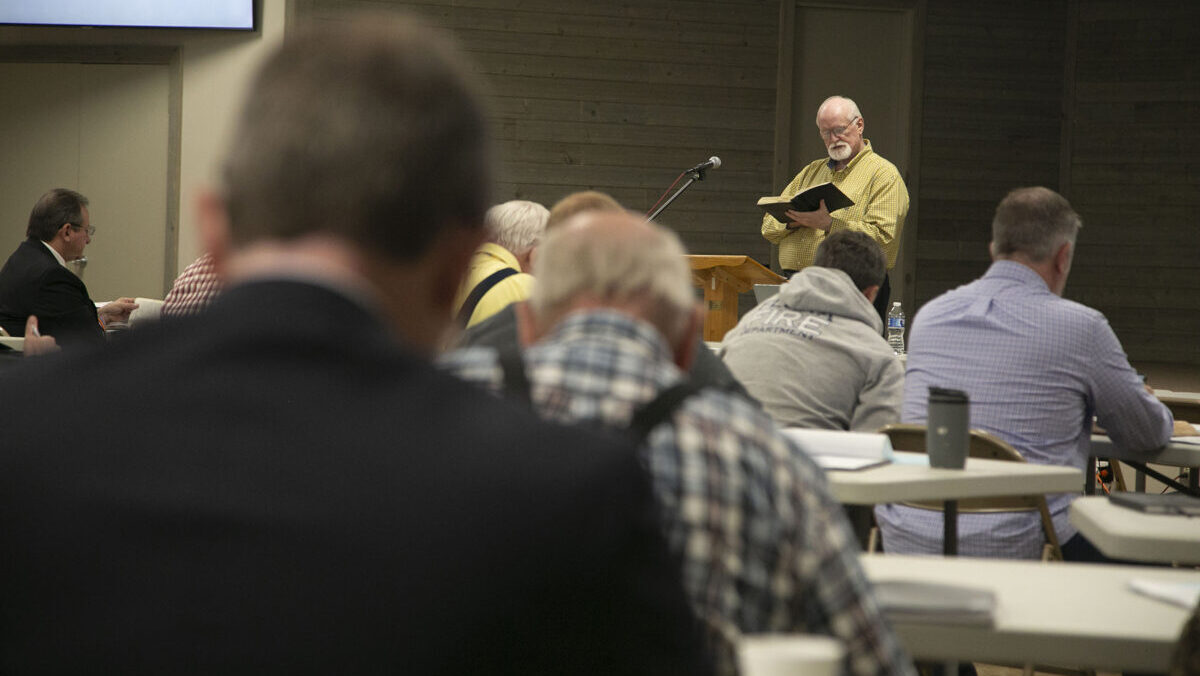When you hear the phrase “payday loans,” what words and ideas come to mind? Helpful? Useful? Timely?
Or words with a more negative connotation like harmful, predatory and immoral?
These are some of the responses given by a group of Christians that took part in a recent survey titled “American Views on Payday Loans.” The survey of 1,000 Christians from 27 states was conducted by Lifeway Research and is part of a larger project sponsored by a coalition of faith-based institutions called Faith for Just Lending.
The responses to this and other questions included in the survey were split and have changed to a surprising degree in the last several years.
For instance, since 2016 the percentage of respondents who view payday loans as “helpful, useful and timely” has doubled, and 34% of Christians living in one of these states “have obtained that type of loan themselves” — also doubling since 2016, according to Lifeway Research.
The reason for these changes is mixed.
Yet, whatever the reason, Christians would be wise to explore what payday loans are and why they can be so morally and materially problematic.
What are they?
Barrett Duke writes that payday lending “is the term used to describe the practice of lending small amounts of money to people, usually $350 or less, for two-week periods (i.e., until their next payday). In return, the borrower pays interest on the loan when it is due at the end of the loan period.”
A payday loan, therefore, is a relatively small amount of money (though surely it doesn’t seem small to those choosing to borrow) that is lent to people to see them through to their next payday. As Duke acknowledges, a short-term loan like this “can provide an important service,” but the terms of the loan often lead to more difficulty on the part of the borrower. In fact, the loans are often predatory in nature.
And according to the Center for Responsible Lending, there are more than 20,000 payday loan shops providing these loans in the United States today.
Why are they sometimes called predatory?
Payday lending is a business that preys on the most financially vulnerable among us and those who are most in need of help.
The Center for Responsible Lending calls payday lending a practice akin to “modern-day usury,” a word defined by Merriam-Webster as “an unconscionable or exorbitant rate or amount of interest.”
While the authors of this guide recognize that “lending can empower those in need,” they also warn that “lending can be used to exploit those in need.”
In too many cases, payday lending is used for the latter.
Part of what makes payday lending predatory is the outrageous interest rates that are pinned on the loans — rates that are often veiled by the use of unclear financial speak. Duke uses the example of a $350 loan borrowed at 15%. These terms may sound reasonable to a borrower, “except that this [15%] is the two-week rate, not an annual rate. On an annual basis, that 15% two-week loan is actually provided at a 390% annual interest rate,” which is just shy of the “typical payday lender charge [of] 400%.”
In addition to the high interest rates and unclear language, payday loans are typically eligible for renewal when a borrower is unable to repay the loan in full.
In this scenario, a lender will renew the loan, provided that the borrower pays the interest that’s due. Using Duke’s example from above, on a $350 loan borrowed at 15%, a borrower would pay “the $52.50 [in] interest and extend the loan for two more weeks at another 15% interest,” rolling the unpaid total into the new loan.
And this is a cycle that can continue almost indefinitely. It’s a business model that profits from borrowers’ inability to pay back their loans and traps them in an ongoing cycle, metastasizing their dues and eventually saddling them with a sizable amount of long-term debt.
Why does it matter?
Christians should care about predatory lending because its practices exploit and take advantage of our neighbors, whom we’ve been commanded to love.
In the Old and New Testaments, Scripture is clear that God’s people should not tolerate injustice, should serve and care for those who are marginalized, and where possible, put a stop to the injustices perpetrated against them.
Recognizing that predatory lending is an issue that directly concerns human dignity, the Ethics & Religious Liberty Commission has made the support of payday lending regulations one of its 2023 policy priorities.
To read full story, click here.
EDITOR’S NOTE — This story was edited for style, length and brevity and was written by Jordan Wootten. The article was originally published by the Ethics and Religious Liberty Commission.








